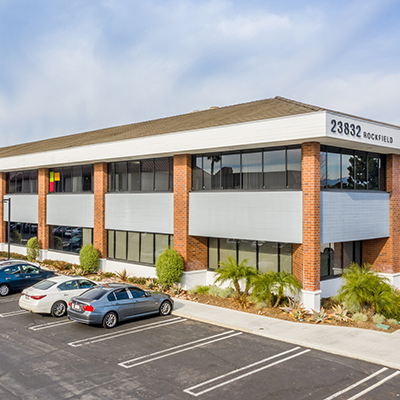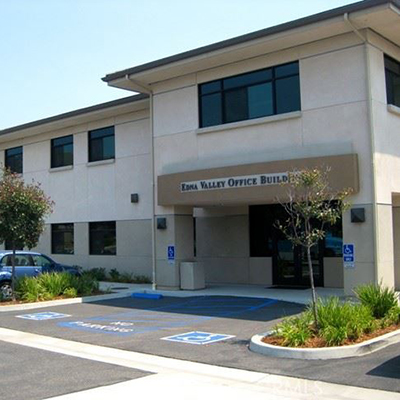Ninth Circuit Upholds Piece-Rate Compensation Plan – What It Means for California Employers

Employee compensation rules are constantly challenged in California, and staying ahead of changes can be tough for business owners. A recent ruling from the Ninth Circuit has confirmed that employers may continue using piece-rate compensation plans under specific conditions. The decision also clarifies employer responsibilities related to Ninth Circuit nonproductive time pay, making it a critical case for companies that rely on incentive-based pay models.
At Employer Advocates Group Law Firm, we help employers understand how new rulings impact their operations so they can reduce liability while protecting profitability.
Understanding Piece-Rate Compensation
in Williams v. J.B. Hunt Transport, Inc., Nos. 24-933, 23-2970 (Aug. 12, 2025), the Ninth Circuit Court of Appeals reviewed a piece-rate compensation plan where the employer paid a minimum wage for all hours worked plus a piece-rate bonus if the employee completed enough eligible activities. The court held that because the employer already paid a minimum wage for all hours worked, no additional compensation is required under California law even though the employer does utilize piece-rate compensation as part of the employee’s overall compensation.
Employer’s Compensation Plan
In 2015, California enacted Labor Code section 226.2, which set forth additional rules for compensating employees on a “piece-rate basis.” Piece-rate compensation generally is a system where an employee earns a set amount each time they complete a task. For example, an automobile mechanic might be paid a set amount for every car they repair.
Piece-rate compensation allows employees to be paid based on the amount of work they complete rather than by the hour. This system is especially common in industries like manufacturing, automotive repair, agriculture, and transportation. For example, a mechanic might be paid per service performed instead of receiving an hourly wage.
The challenge for California employers has been balancing this pay structure with state and federal labor standards, particularly when it comes to rest breaks, waiting periods, or other nonproductive tasks. The Ninth Circuit’s ruling has shed light on how employers should manage these complexities.
The Ninth Circuit’s Decision
The Ninth Circuit upheld the validity of piece-rate pay structures, provided that employees are also compensated for Ninth Circuit nonproductive time pay, such as rest breaks, downtime, or mandatory meetings. Essentially, while employers can reward productivity, they cannot ignore compensation requirements for time when employees are not directly producing.
This means California employers must:
- Track all hours worked, even those not directly tied to production.
- Ensure minimum wage compliance across all time categories.
- Provide separate and transparent pay for rest breaks and other nonproductive activities.
The court’s decision offers much-needed clarity but also creates additional compliance challenges for businesses that want to continue leveraging piece-rate systems.
What This Means for California Employers
For employers, this ruling is both a validation and a warning. You can continue to benefit from the productivity-focused model of piece-rate pay, but only if you carefully address nonproductive time.
Key takeaways include:
- Compliance Burden: Employers must document and compensate employees for nonproductive hours.
- Payroll Adjustments: Pay stubs should clearly show separate categories for piece-rate earnings and other forms of pay.
- Risk Management: Noncompliance may open the door to wage-and-hour claims, penalties, or class action lawsuits.
With the Ninth Circuit spotlighting Ninth Circuit nonproductive time pay, employers need to take proactive steps to update policies and payroll systems before issues escalate.
How Employer Advocates Group Law Firm Can Help
At Employer Advocates Group Law Firm, we focus exclusively on defending employers against claims and advising on compliance strategies. By integrating our legal expertise into your operations, we help ensure you’re not only meeting your legal obligations but also minimizing the risk of costly disputes.
We can:
- Review and update your pay structures.
- Train HR teams on compliance best practices.
- Defend you in wage-and-hour disputes.
- Provide ongoing legal guidance as regulations evolve.
FAQs
1. Can California employers still use piece-rate pay after this ruling?
Yes, but employers must ensure compliance with wage-and-hour laws, including compensation for nonproductive time.
2. What qualifies as nonproductive time?
Rest breaks, mandatory meetings, waiting periods, or other tasks not directly tied to production.
3. How should employers record nonproductive time?
Employers should implement accurate timekeeping systems that capture all hours worked, including rest and downtime.
4. Are there penalties for noncompliance with the ruling?
Yes. Employers risk lawsuits, penalties, and potential class actions if employees are not fully compensated.
5. How can legal counsel help with compliance?
An employment law firm like Employer Advocates Group can provide policy reviews, defense strategies, and proactive compliance measures tailored to your business.
Move Forward with Confidence
Piece-rate compensation remains a valuable tool for incentivizing productivity, but it comes with strings attached. The Ninth Circuit’s decision makes it clear: employers must take nonproductive time seriously to avoid legal exposure.
Employer Advocates Group Law Firm is here to guide you through these challenges. Contact us today to safeguard your pay practices, protect your company from costly claims, and stay compliant with California’s evolving labor laws.










